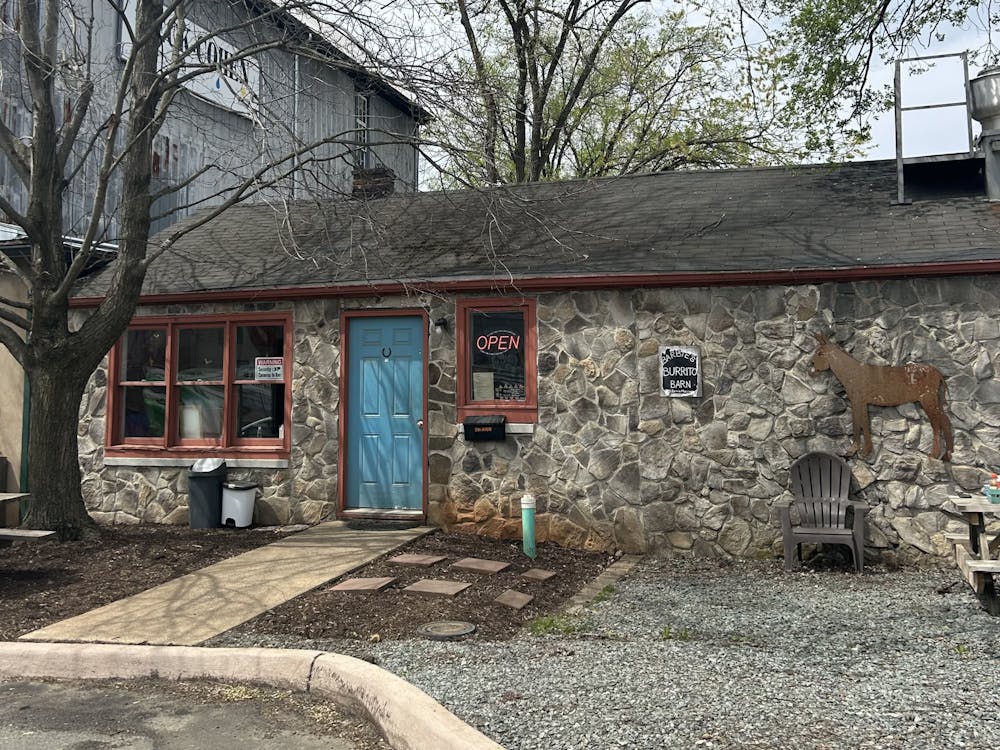“It is a truth universally acknowledged, that a single man in possession of a good fortune, must be in want of a wife.”
This is the first line of Jane Austen’s master novel Pride and Prejudice. It is a sentence that rings in my ears with a sweet familiarity first established in my senior English class in high school. I remember rereading the line over and over again under the instruction of my teacher, who insisted that in order to understand the genius of Austen we must memorize her beginning. What shocked me was that she was not wrong.
With this simple first line, Austen informs every other sentence she will write: she provides the laws for her characters to function within. Her beginning provides a necessary illumination — a light by which her audience can read. You may be thinking this seems reasonable enough, but it’s actually contrary to how we tend to organize our thoughts to look for clarity or understanding in a beginning, rather than exclusively in an end.
We live in a moment where beginnings are underemphasized. Within our political moment as a nation, our academic moment as a university and our everyday lives, our questions and conversations are centered on where it is we are going. It is what we plan for, boast in and worry about: the future. Where we are going is important, obviously; I am not advocating for an attitude or perspective of reversion. But with that being said, I wonder what it would look like for us to live lives informed by their beginning. I don’t believe they can be ignored.
Every house is built upon a foundation. The ground is leveled, wooden forms are used as a structural template, footing holes and trenches are dug and the concrete is poured. The foundation is the most primary, most essential start. However, the foundation doesn’t become irrelevant after the first step is completed: it serves as the basis and underlying support for all other construction. Houses cannot ignore their foundations.
We are houses. We are novels. There was a beginning to our stories and there is a foundation we are currently building upon. We, as individual people, along with the University and the nation we live in, have both conceptual origins and worldly foundations. The popular narrative is that we don’t need to know where we came from, and that it doesn’t matter where we started but rather where we end up. This is an assumption worth questioning.
Why do we write off our beginning? Maybe it’s because we don’t know it: perhaps the uncertainty is scary. Maybe it’s because we don’t like it, and we aren’t proud of where we started. Maybe it’s because we have simply become too distracted to allot effort to remembering. How do we expect to honor our stories and progress into our futures with so little an understanding of our beginnings?
As I’ve grown up and become more aware of the ideology, theology and cultural practices that are currently part of who I am and how I live, I’ve been faced with the sometimes-daunting task of tracing backwards. In order to move forward, I’ve found myself staring face to face with the reality that I will have to understand my past. If I’m going to understand my growth in this world, I have to confront the reality of where my roots lie. I’ve had to consider what truths — or perhaps lies — I’ve internalized about myself and world around me. Who do I say I am? What do I suppose I deserve? What do I believe I’m capable of? Those ideas came from somewhere.
It takes courage to look boldly and honestly at our foundations: they’re often broken and imperfect. But to ignore my beginning doesn’t give me agency or freedom to be whatever I want to be: it limits my self-understanding by taking my story out of context. We need context: whether or not we are aware of it, it’s impacting our lives. There is a difference between being limited by a beginning and being knowledgeable of the beginning that is informing the current structure.
The ideology and practices of freedom established at the beginning of our nation matter for who is free today and in what capacity. The physical construction and maintenance of this University by an enslaved body matters for our policies and procedures today. These were the first lines: the sentences that inform the rest of the work. They are the foundations of the houses we are occupying. Individually, it matters to our lives right now, where we believe we came from and what we are building our lives upon. In our youngest 20s, when our sense of self that will carry us through adulthood is being constructed within these buildings, it matters if we know the first line of our own stories and our framework. Our beginnings are not our irrelevant pasts: they are our structural identity.
Where you come from matters. Maybe we need to honor our beginning; maybe we need to redeem it — but we must understand it. Friends, our beginning informs our now.





